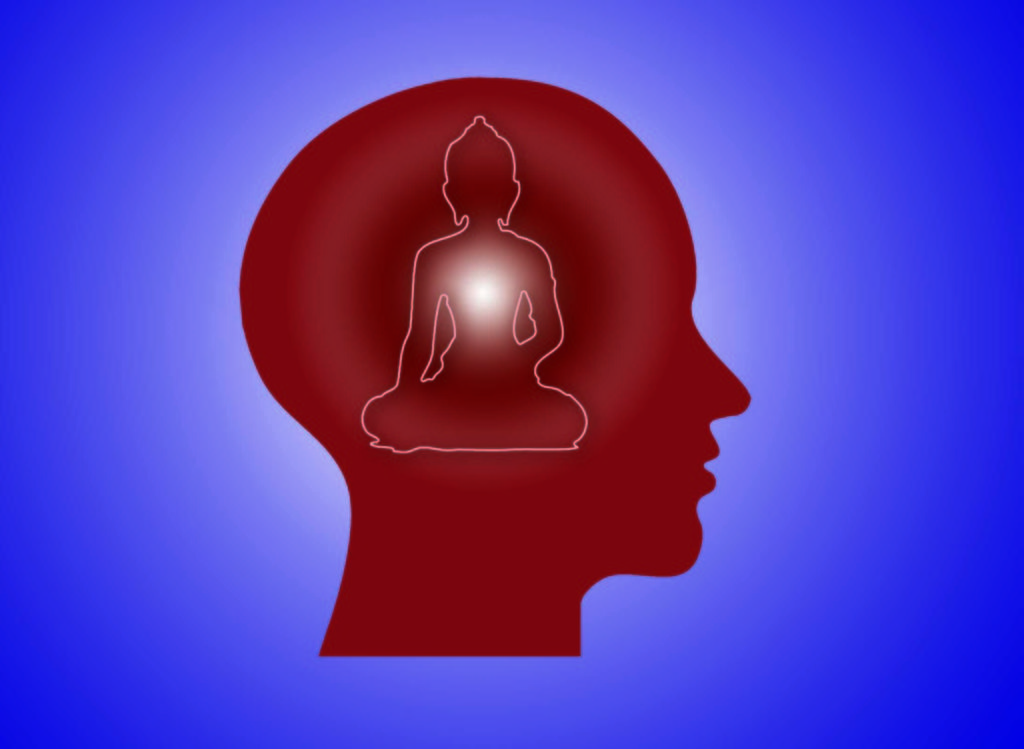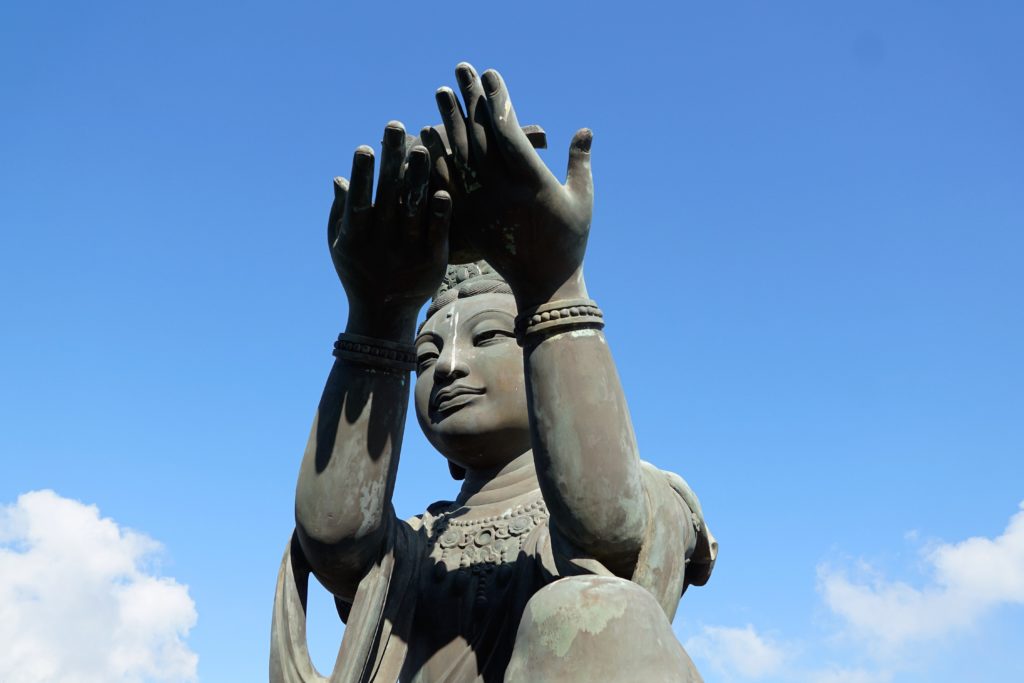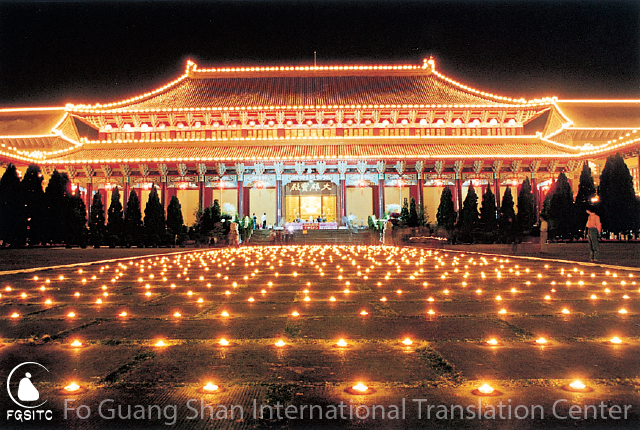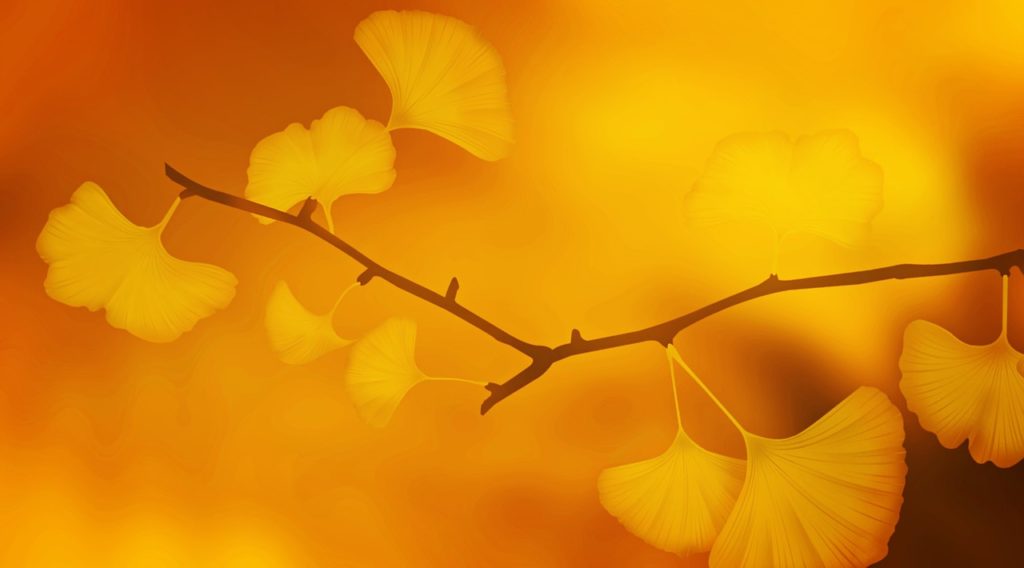Chan is meditation throughout our lives.
When we live with Chan, the taste of food and feel of clothes will change. We will not feel difficulty when dealing with our affairs. Any matter can be laughed away. The human world has its ups and down, but when we have a Chan mind it is like the world is ours and nothing is lacking. All human beings rely on the necessities of food, clothing, and shelter. When there is no fear of material scarcity, when a certain level of comfort is gained, then humans come to look for mental fulfillment through music, painting, and the arts. But even after human life becomes beautiful in this way, there comes a sense that true meaning is still lacking and gradually, humans come to hope that liberation and freedom can be found within their minds. Many then turn to religion to find what is sublime, true, wholesome, and beautiful. It is a life of Chan mediation.
Chan has a sense of humor and wit to it.
In the world of Chan, there is nothing worth becoming sad or bothered about. Without shape or form, Chan permeates everything. Chan is our intrinsic nature. But if we try to write, speak, or think of Chan, we cannot grasp it. Chan is the subject of study for awakening. It must be experienced and understood personally.
Chan is a treasure of the human realm.
Chan has no fixed format, but accommodates each person’s efforts and capacity. Chan is a treasure of the human realm. It helps us recognize ourselves. Chan is absolute transcendence. It is the spirit of self-respect, embodied by the words “Even against an army of thousands, ever forth I shall go.” Chan is what brings us to the Buddhist path. It is a prerequisite to the authentic realization of awakening. It is the means by which all practitioners can verify their accomplishment for themselves.
Chan is like a dish.
It is salted and spiced just the way you like it. Chan is like a living room that feels completely changed by hanging a painting or placing a flower vase. Chan is like a tissue that can be crumpled up into nothing. Chan is like an empty fist that is unclenched and becomes a fist no longer.
Chan cannot be captured with words.
It just is. Once spoken, it is no longer Chan. Chan is not about delusion or enlightenment, but about seeing your own intrinsic nature. Chan cannot be attained simply by sitting properly, but especially for beginners sitting meditation is still an important gate of entry into Chan.
If you come to know intrinsic nature, that is Chan.
From Ten Paths to Happiness, written by Venerable Master Hsing Yun.
Image from Pixabay.













